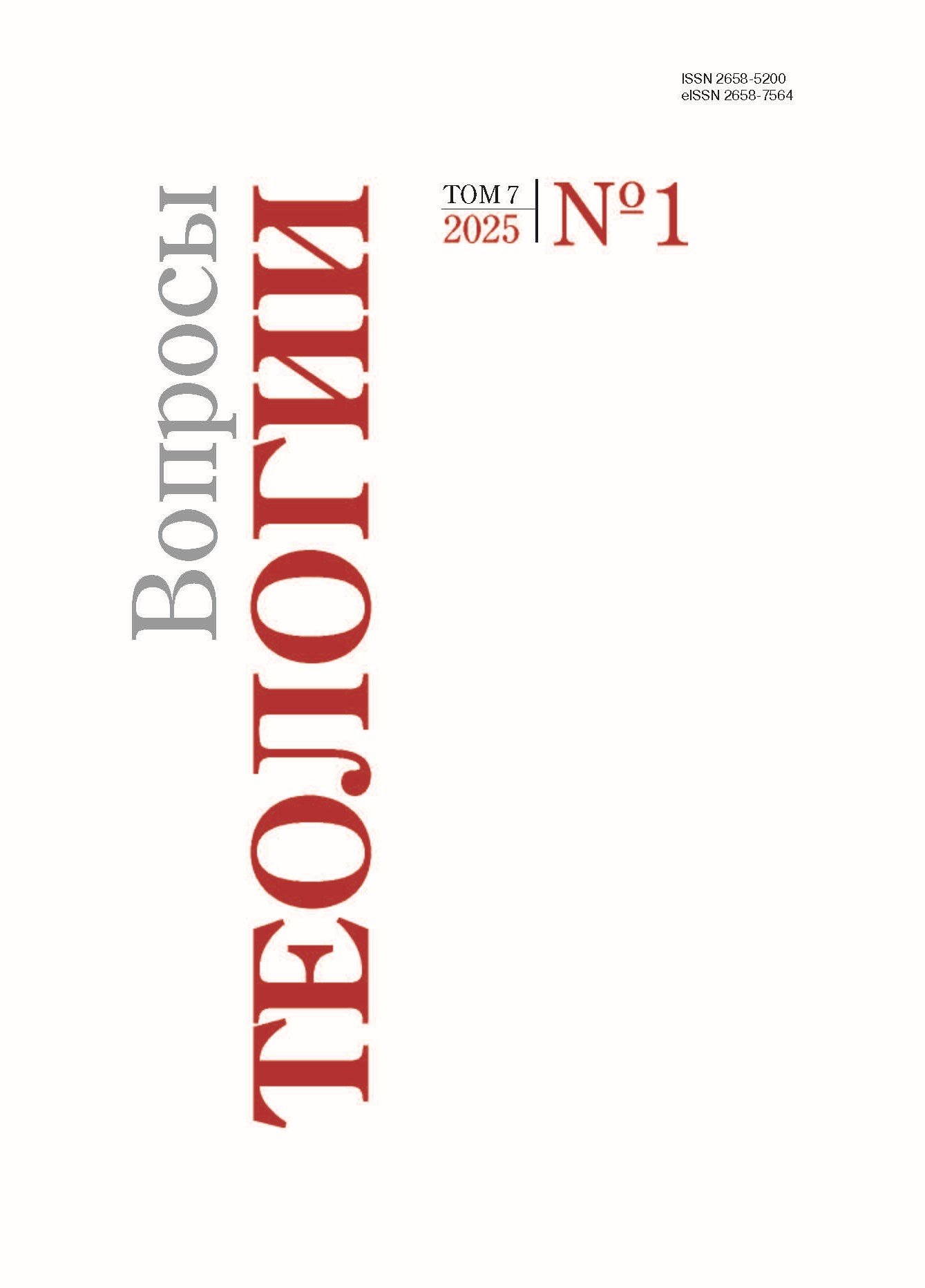The Relationship between the Concepts of Person and Value
DOI:
https://doi.org/10.21638/spbu28.2025.101Abstract
In the current situation of the formation of criteria for the content of traditional spiritual and moral values in Russia, it is important to consider to the prospects of the theological potential of the Orthodox Church. We see the Orthodox theology of person as a fertile area of intersection for interdisciplinary solutions to the pressing issues of our time, including the axiology of society. The notions of human person lie at the basis of any system of values. Any axiology is formed by a specific person or persons, exists for person and is transmitted through personal relationships. In antiquity, natural qualities were more valued, but gradually, the question of the inner search for the truth and the role of personal choice was raised. The New Testament values direct a person to eternal life, contribute to the growth and development of person, since they are given by the most perfect Person of the God-Man Christ. The inclusion of the concept of person in its New Testament understanding into the worldview, united by nature with his own kind and called to communion with God and other persons in the image of the Holy Trinity, generates new ideals associated with the role of the hypostatic principle. Axiological unity is fulfilled in Christianity, where oppositions, such as of one and many, of the morality of society and the morality of the individual, natural values and values of personal communication, are brought to common denominator. In Christian axiology emphasis is placed on the hypostatic property of a person to build relationships with his own kind within the framework of hypostaticnatural unity. The values of the modern world, based on natural constants and humanistic ideals, and Christian values, based on eternal truths about love and victory over death, represent an ontologically different types of axiology.
Keywords:
value, person, Christ, personal relationships, hypostatic-natural ontology, hypostatic-natural-energy ontology, antiquity, modernity, consumer society, eternity
Downloads
References
References
Downloads
Published
Issue
Section
License
Articles of "Issues of Theology" are open access distributed under the terms of the License Agreement with Saint Petersburg State University, which permits to the authors unrestricted distribution and self-archiving free of charge.




